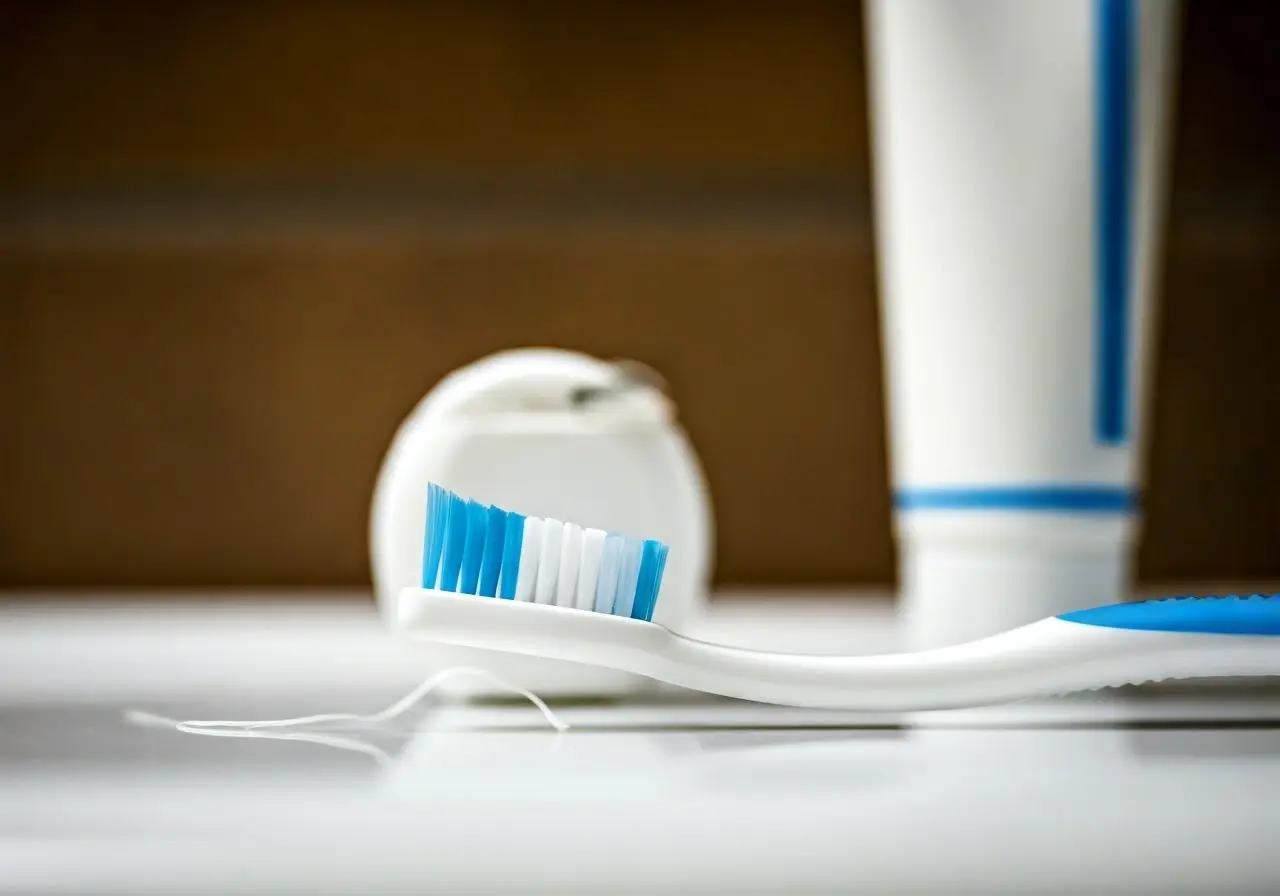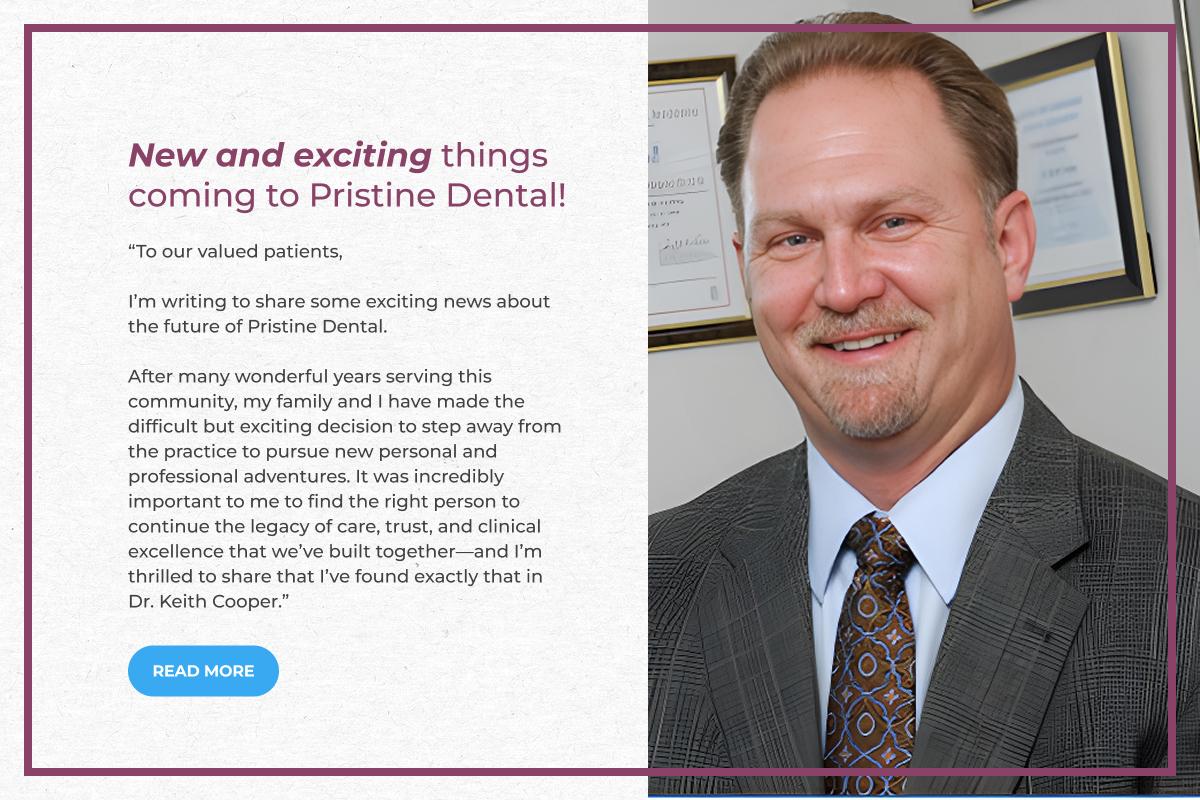Preventive dentistry is all about keeping your teeth healthy throughout your life. It involves taking proactive steps to prevent dental problems before they start. In this FAQ blog, we’ll explore what preventive dentistry is and how it can benefit you. Let’s dive right in!
What is Preventive Dentistry?
Preventive dentistry focuses on the health of your teeth and gums to help avoid cavities, gum disease, enamel wear, and other problems. It’s a collaborative effort between you and your dentist, including regular check-ups and hygiene practices.
By embracing preventive dentistry, individuals can maintain excellent oral health from a young age, as it encourages habits that support tooth preservation and the prevention of serious dental issues. The goal is not only to keep your teeth in optimal condition but also to ensure that your gums and supporting structures remain healthy and functional.
Preventive care is more than just an initiative; it’s a lifestyle. It encompasses a range of treatments and practices aimed at keeping diseases at bay. From regular cleanings to expert advice from your dentist, preventive dentistry equips you with the necessary tools and knowledge to protect your oral health long-term.
Why is Preventive Dentistry Important?
It helps maintain a healthy mouth, reduces dental problems, and can save you time and money in the long run by avoiding extensive treatments. It also contributes to your overall well-being.
Preventive dentistry is not just about avoiding cavities; it’s about understanding the link between oral health and overall health. Poor oral hygiene has been linked to systemic conditions like cardiovascular diseases and diabetes, showcasing why maintaining a routine of preventive care is vital for comprehensive wellness.
For both children and adults, the advantages of preventive care extend far beyond dental benefits. Creating dental habits early can reduce the likelihood of decay and gum disease significantly, thus ensuring robust oral health well into adulthood. This holistic approach is key to forming healthy, lifelong practices.
Key Components of Preventive Dentistry
Regular dental cleanings, daily brushing and flossing, a healthy diet, and avoiding harmful habits like smoking. Your dentist may also recommend fluoride treatments or dental sealants for added protection.
One of the bedrock practices of preventive dentistry is routine dental check-ups. These visits allow your dentist to monitor your oral health, offering a perfect opportunity to catch and address potential issues before they evolve into more severe problems. During these check-ups, professional cleanings are conducted to remove plaque that cannot be eliminated by regular brushing and flossing alone.
Emphasizing a strong oral hygiene routine is another critical preventive strategy. Brushing twice daily with fluoride toothpaste helps combat harmful bacteria, while flossing daily can help maintain healthy gums by removing plaque from places that brushes cannot reach.
Additionally, maintaining a diet rich in fruits, vegetables, and calcium can bolster your tooth’s defenses against decay. A balanced diet not only maintains your teeth but also enhances overall wellness by reducing inflammatory responses in your body.
How to Incorporate Preventive Dentistry into Your Routine
Schedule regular dental visits, use fluoride toothpaste, floss daily, and maintain a balanced diet. Educate yourself on the best practices and invest in quality dental care tools.
Make preventive dentistry a daily practice by setting reminders to brush and floss. Consistency is key in building habits that keep your oral health in check. Using smart dental devices that track your brushing habits can also be an effective way to encourage consistency and thoroughness in your regimen.
Explore the use of mouth guards if you are involved in contact sports, as they provide protection against oral injuries. According to our resource on emergency prevention, this small investment can considerably reduce the risk of dental emergencies.
Finally, being mindful of what you eat and drink plays a significant role in preventive care. Opt for water over sugary beverages to diminish the chances of cavities and consider incorporating foods that naturally cleanse and fortify your teeth and gums.
Wrapping Up: The Importance of Preventive Dentistry
Preventive dentistry is an essential part of maintaining lifelong oral health. By understanding the basics and taking proactive steps, you can prevent many common dental issues and enjoy a healthier smile. Remember, it’s always easier and more cost-effective to prevent problems before they start!



